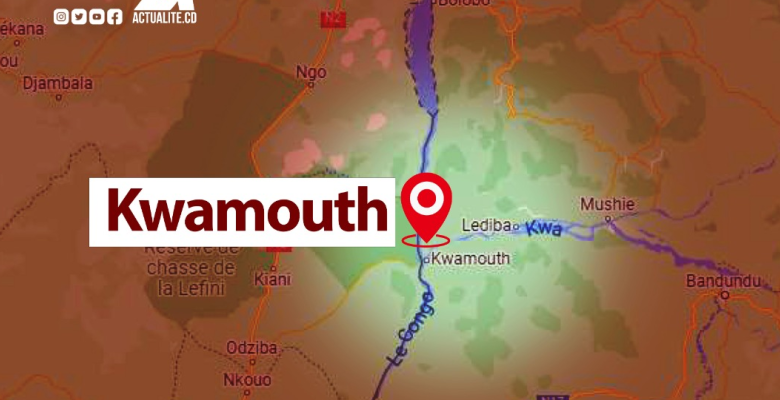DR Congo – Violence Prevents Harvest In Kwamouth Sending Food Prices Soaring
Farmers are scared to go to their fields and traders are prevented from going to market because of the intercommunal violence between Teke and Yaka communities.

Very little food has been produced in the areas affected by the conflict between the Teke and Yaka communities, prices are now increasing putting further strain on livelihoods, farmers report.
Farmers have not been able to reach their farms to harvest crops since the beginning of the inter-communal violence June this year, they say.
Many crops rotted in the field or on the tree, as the harvesting period passed, they said.
Food prices have skyrocketed to unprecedented levels in the Mai-Ndombe province where Kwamouth is located.
In Masiambio, prices have jumped by at least 50 percent.
In the locality, situated on the 17th national highway in the heart of Kwamouth, a bowl of cassava which sold at 10,000 Congolese francs (about 5 US dollars) now sells at 15,000 Congolese francs (about 7.35 US dollars).
“When our territory was in peace and without atrocities, we used to sell a bag of corn for 40,000 Congolese francs but now it sells at between 60,000 and 70,000 Congolese francs, that is if you even see it to buy since all the farmers have escaped and abandoned their farms without harvesting their crops. A cup of groundnuts which used to sell at 1,000 Congolese francs now sells at between 1,800 and 2,000 Congolese francs”, Huguette Wengoy, a trader in the Masiambo market told HumAngle this morning.
Mayalu Ngwanga is one of the farmers in Masiambio. He says he has abandoned his farm and several crops unharvested and is sure his crops would rot in the fields.
“I left behind my bananas and plantains. I also left behind maize and pineapple farms. We do not have the means to get to the farms. Besides the insecurity situation, herbs have covered the bush paths to our farms and it would be difficult to trace the tracks when we return. We are afraid of the assailants who have been harassing us and killing some people”, Mayalu Ngwanga revealed.
Rev. Father Chrisostome Esamwala, priest at the Our Lady of Seven Pains, Masiambio, says the socio-economic situation is very precarious. The situation is so bad that money is no longer in circulation following the halt in activities.
“The socio-economic situation is really very precarious. People no longer go to their farms and so have nothing to sell. Even the small-scale traders who buy and sell can no longer do so because they don’t have the money with which to buy. Even going to the farm to harvest cassava leaves is impossible because of the fear of assailants. People are really suffering”, Father Esamwala.
Since last June, the atrocities in Kwamouth have already resulted in over two hundred deaths. The latest attack was in Boku village where twenty people were killed on Nov 8.
Support Our Journalism
There are millions of ordinary people affected by conflict in Africa whose stories are missing in the mainstream media. HumAngle is determined to tell those challenging and under-reported stories, hoping that the people impacted by these conflicts will find the safety and security they deserve.
To ensure that we continue to provide public service coverage, we have a small favour to ask you. We want you to be part of our journalistic endeavour by contributing a token to us.
Your donation will further promote a robust, free, and independent media.
Donate HereStay Closer To The Stories That Matter




